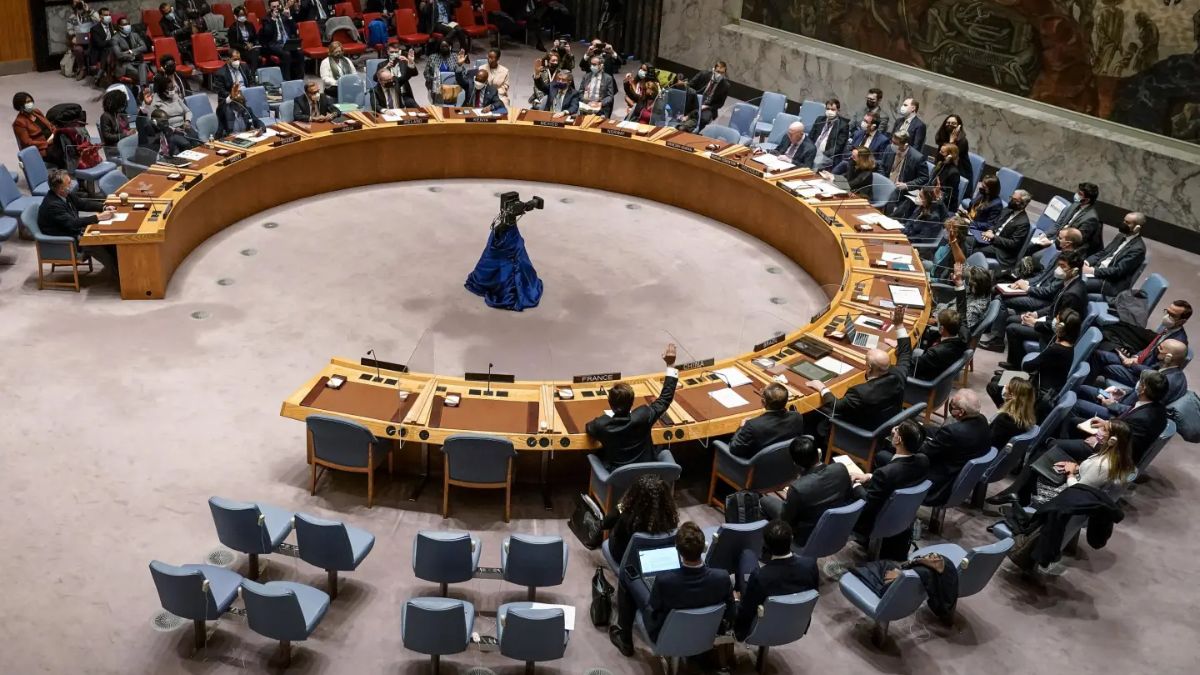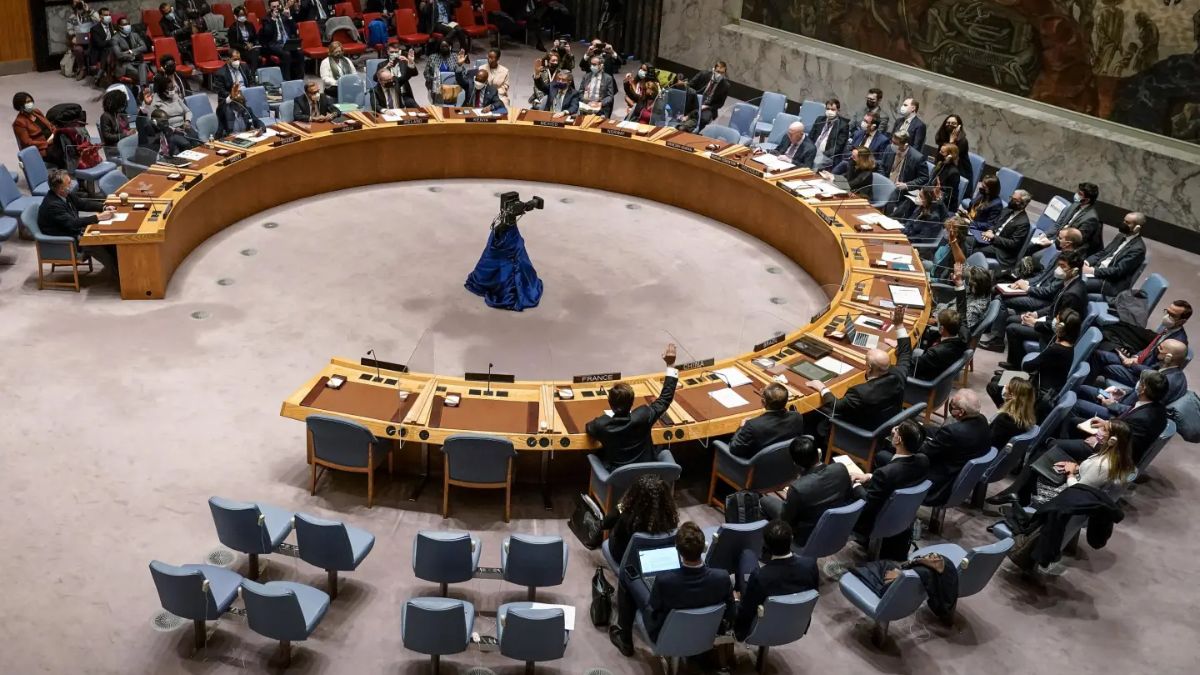Indian forces gave a firm response after the Pakistani Army opened cross-border firing for the 12th straight night in a row along the Line of Control, amid escalating tensions following the killing of 26 innocent people, mostly tourists, in Jammu and Kashmir’s Pahalgam by Pakistan-based terrorists.
This development comes as the UN Security Council began closed-door talks at Pakistan’s request over the rising tensions.
The Indian Army responded proportionately to small-arms fire from across the border in areas opposite Jammu and Kashmir’s Kupwara, Baramulla, Poonch, Rajouri, Mendhar, Naushera, Sunderbani, and Akhnoor.
“During the night of 05-06 May 2025, the Pakistan Army resorted to unprovoked small-arms firing from posts across the Line of Control in areas opposite Kupwara, Baramulla, Poonch, Rajouri, Mendhar, Naushera, Sunderbani and Akhnoor in J&K. The Indian Army responded in a proportionate manner,” said the Indian Army in a statement.
Since India and Pakistan renewed their ceasefire agreement on 25 February 2021, ceasefire violations by Pakistan have reduced.
Since the night of 24 April, just hours after India suspended the Indus Waters Treaty following the Pahalgam terror attack, Pakistani troops have been carrying out unprovoked firing at several locations along the Line of Control in Jammu and Kashmir, starting from the Kashmir Valley.
DGMO-level talks: India’s warning to Pak
Earlier, India condemned Pakistan’s unprovoked firing along the Line of Control in Jammu and Kashmir, as military officials from both sides held talks over the hotline amid growing tensions after the Pahalgam attack.
The conversation between the Directors General of Military Operations (DGMOs) took place on Tuesday, as India weighs its response to the April 22 attack that left 26 people dead.
India readies dams with desilting, flushing to store more water
After suspending the Indus Waters Treaty, India has begun urgent steps to prepare the Baglihar and Salal hydropower plants on the Chenab River in Jammu and Kashmir for storing and controlling water flow to Pakistan during the winter. This involves limited flushing and desilting of the reservoirs.
In the coming days, similar work will be carried out at other dams to boost water storage within India.
These measures are part of a broader plan to regulate and potentially stop the flow of the Indus, Jhelum, and Chenab rivers to Pakistan, following last month’s terror attack in Pahalgam.


)
)
)
)
)
)
)
)
)